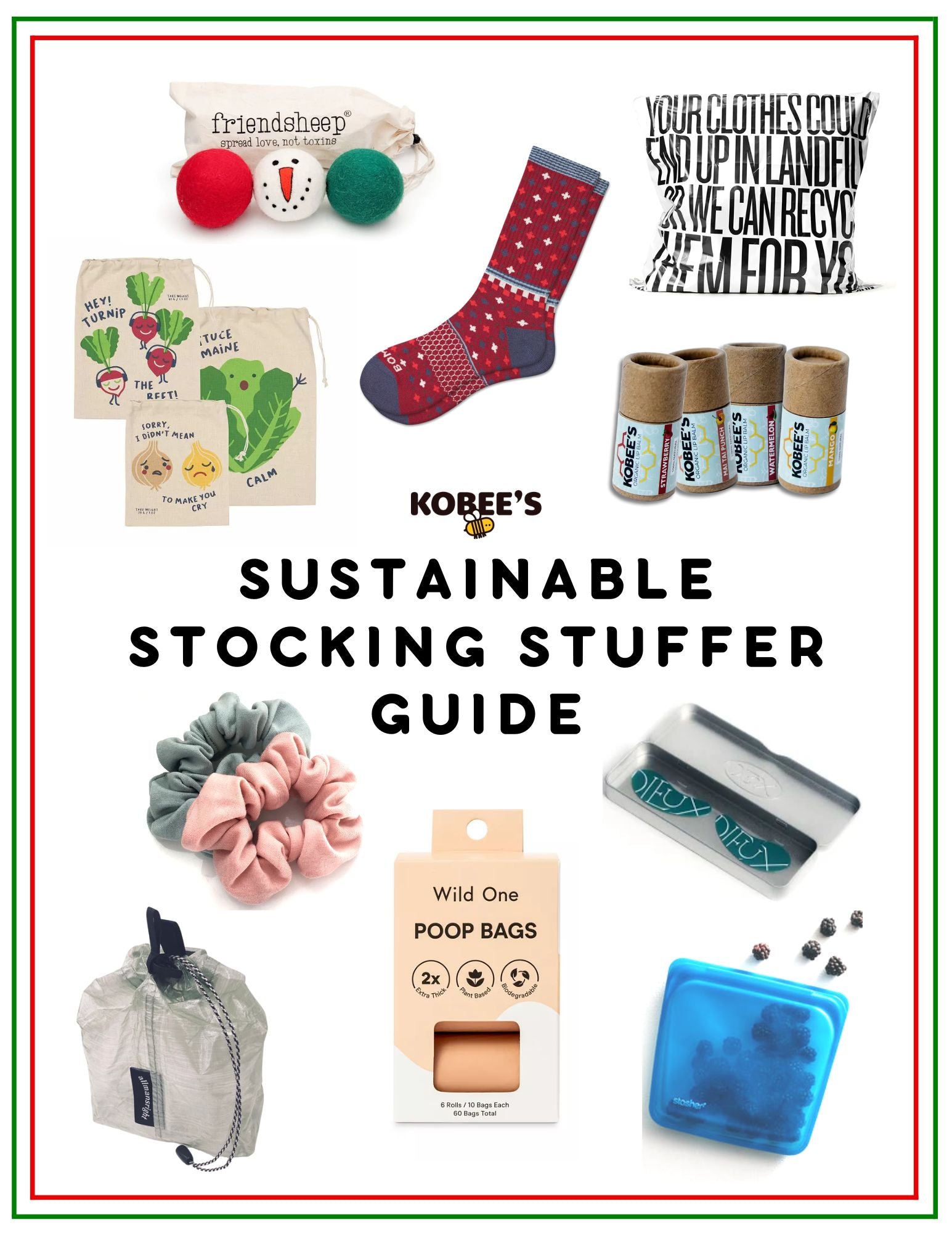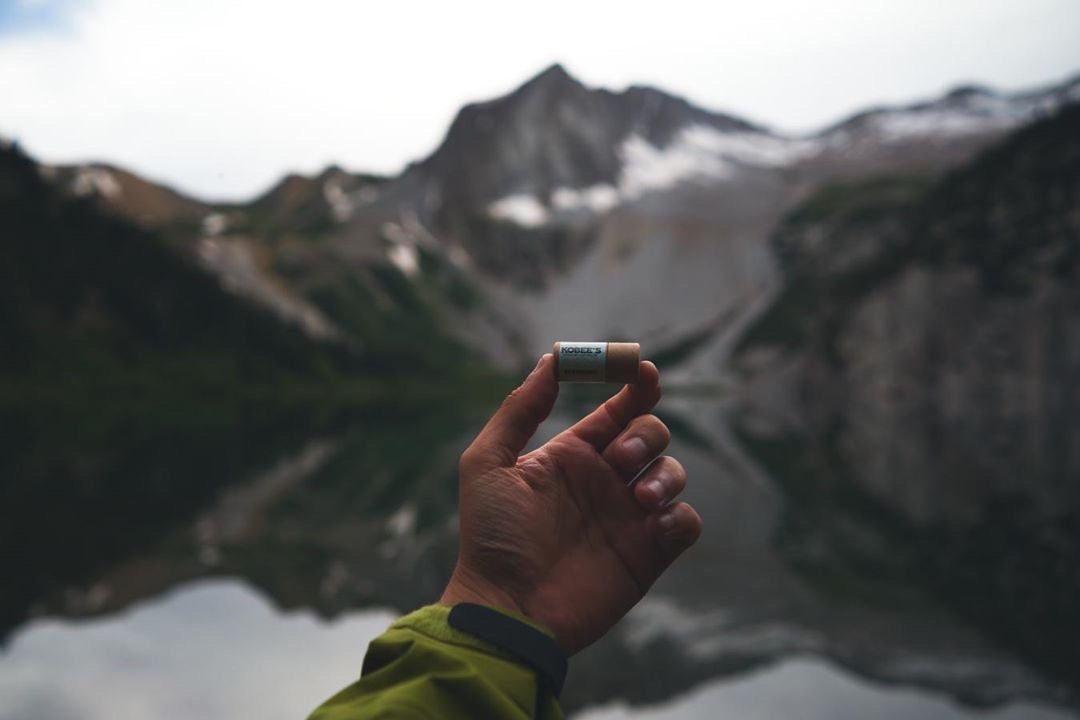The honey bee, a flying insect belonging to the genus Apis of the bee clade, is a common, well known species that people tend to have a complicated relationship with. Between creating honey we eat as a sweet treat and stinging us on a warm summer day, it may be hard for some to decide whether to like bees or not. With more information, however, it becomes obvious that we, as well as other species, rely on bees for their unique abilities that provide us with so much. Let’s take a deeper look into bees and why they’re so important.
To start, let’s begin with the honey bee's claim to fame: producing honey. The entire process begins with nectar. When a forager bee finds a suitable flower loaded with pollen, the bee uses its long tongue to reach into the flower’s nectar pockets. The nectar is then digested into one of the bee’s two stomachs, called the honey stomach. Once the bee’s honey stomach is full, it then flies back to the hive as digestive enzymes turn the digested nectar into the beginning stages of honey. Back at the hive, the forager bee vomits the nectar into the mouth of another bee, which will then vomit that nectar into another bee’s mouth, and so on and so forth. As the nectar passes through each bee’s honey stomach, more digestive enzymes are added which transforms the long complicated sugars into simple sugars. Once the nectar is fully transformed, it is regurgitated into honeycomb. Because the nectar is still a liquid at this point, the bees use an air current created by their wings to evaporate and thicken the nectar. The nectar is then capped by beeswax to allow the nectar time to fully transform into honey and to seal out any unwanted contaminants. Following transformation, the honey is then harvested for us to enjoy. Although the process to make honey is amazing (and a little gross) in and of itself, bees don’t stop there.

Besides being honey producers, honey bees are also very important pollinators. They help flowering plants reproduce by moving pollen from one flower to another. Though there are many pollinators, bees are the most abundant, effective, and essential. Honey bees pollinate wild flowers, as well as our crops, providing us with approximately one-third of the food we depend on. Without bees, our agricultural system, and ecosystems overall, would be at great risk of collapse. With constant threats like pesticide poisoning, habitat loss, and disease, pollinators are in decline and may continue to lose numbers if our actions don’t change. To learn more about honey bees and other pollinators, visit: https://www.nwf.org/Educational-Resources/Wildlife-Guide/Pollinators
Now, where do honey bees come into play with Kobee’s and our sustainable lip balm? After all, half of our company name is dedicated to bees. For Kobee’s, it isn’t honey that we use in our lip balm, but rather beeswax. As mentioned previously, this beeswax is used in the hive to cap soon to be honey in the honeycomb. To collect the beeswax from a hive, the caps of beeswax are cut from the rest of the honeycomb using a hot knife. The beeswax is then boiled to remove any impurities and to ensure there is no honey left on the beeswax. This is where Kobee’s comes in. The purified beeswax is the base ingredient in our lip balm which acts as a natural emulsifier that heals and softens skin. It is melted down and combined with coconut oil, sunflower seed oil, and mango butter to create our simply natural lip balm.
At first glance, honey bees can seem dangerous and pesky, but when we look a bit deeper into their complex and essential role in our ecosystems, we see they are much more. Busy working as honey and beeswax producers, as well as pollinating most of the world, there is so much to thank bees for. By reducing our actions that harm essential pollinators, we can ensure that honeybees and pollinators worldwide continue their important work.
Experience one of the honey bee's unique abilities by trying Kobee’s lip balm!



